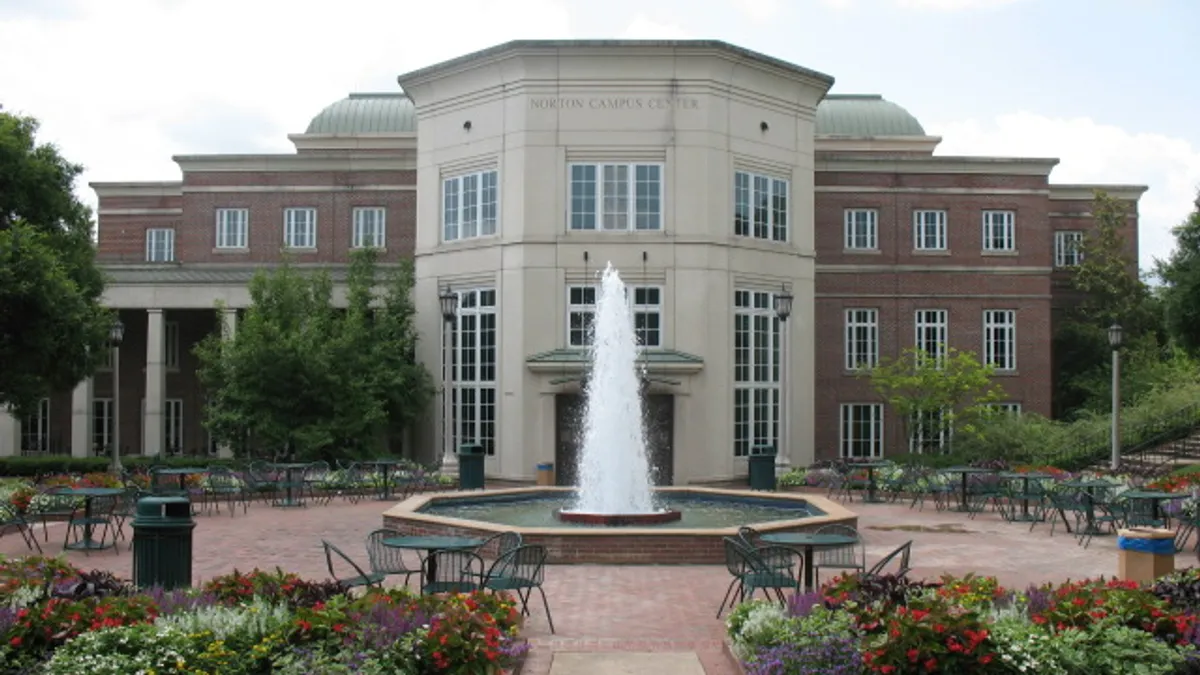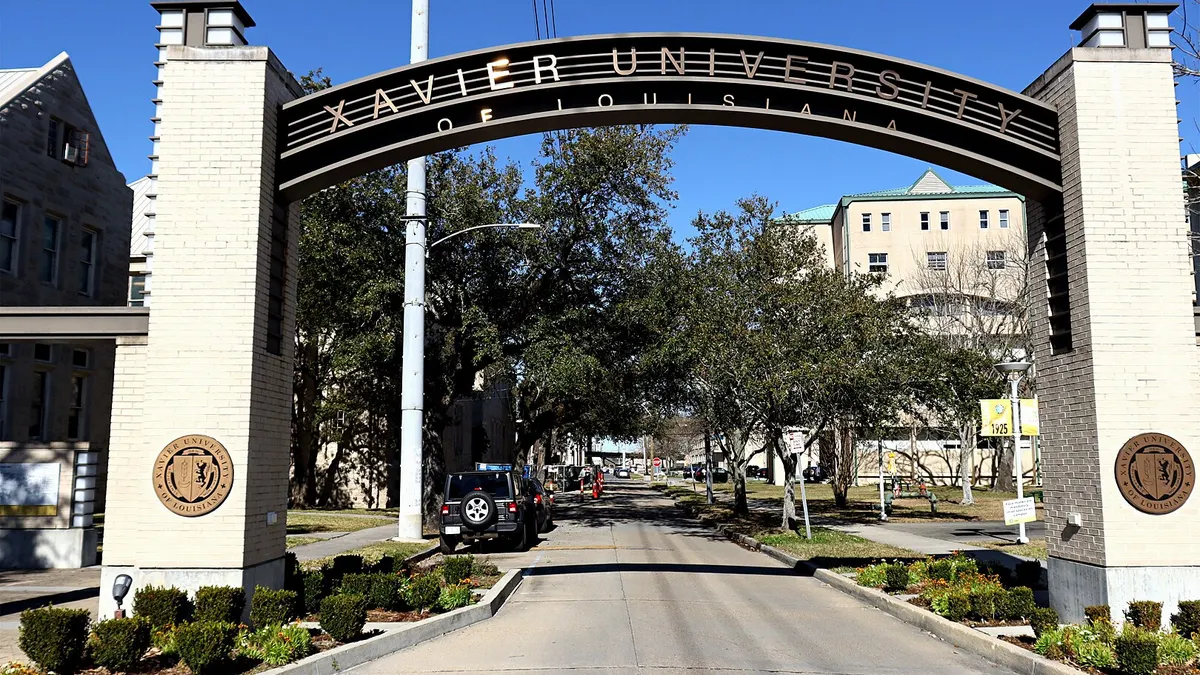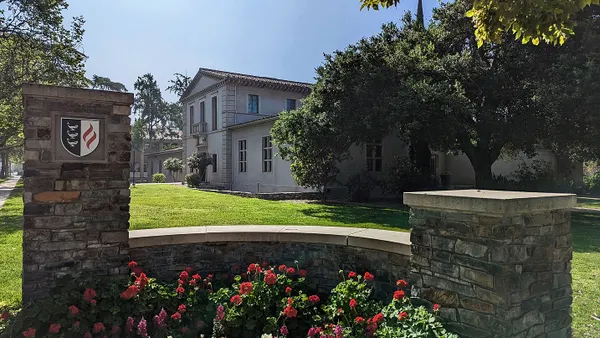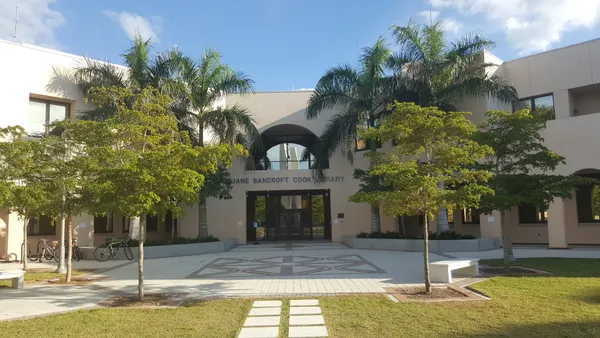Dive Brief:
- Birmingham-Southern College, in Alabama, will close May 31, after a failed year-and-half campaign to secure $37.5 million in federal, state, county and city aid, college officials announced Tuesday.
- The financially distressed college got partway to that goal, and lawmakers tried to give it a second chance in the form of a $30 million state loan program. But the state's treasurer denied Birmingham-Southern's loan application in October.
- A workaround legislative push failed to gain enough support from Alabama House lawmakers last week, and the college's trustees Tuesday unanimously voted to cease operation at the end of the spring 2024 semester.
Dive Insight:
Over the past decade, Birmingham-Southern became mired in financial troubles and began depleting its endowment to stay afloat.
Last June, Alabama lawmakers created a loan program for distressed colleges and funded it with $30 million — the same amount the private college had requested from the state. The program appeared to be a pathway for the 168-year-old college to stay open.
Birmingham-Southern narrowly avoided a mid-year closure after securing $7.5 million in funding from the city of Birmingham and the North Alabama Conference of the United Methodist Church. The college also secured additional funds from private donors, it said Tuesday.
Even so, for the institution to have a chance of regaining long-term viability, it needed the state to approve the $30 million bridge loan. That loan would have covered its costs for three years while the college attempted to raise $200 million for its endowment.
But the state's treasurer, Young Boozer, denied the institution’s loan application in October, kicking off a protracted battle with Birmingham-Southern leadership.
“Our good faith was betrayed over the several months of working with Treasurer Boozer to deliver this bridge loan to the College,” Daniel Coleman, president of Birmingham-Southern, said at the time. “The timeline of our interactions clearly demonstrates that his behavior was arbitrary and capricious.”
Boozer responded publicly, calling Coleman's statements character assassination.
“I am disappointed with the incendiary rhetoric of President Coleman. He falsely claims that I acted arbitrarily or capriciously, or in bad faith, or misinterpreted the law in question. I did not. President Coleman is wrong,” he said in October.
In an effort to work around Boozer, legislators proposed a change to the loan program that would have replaced him with the state higher education commission’s executive director. The bill would have also limited how much discretion his replacement had when approving loans.
But last week, Birmingham-Southern's leaders learned that the amendment had failed to gain enough support to move forward.
Almost all of the college's employees will be laid off effective May 31, the college said, with the rest to be let go over the summer. The college employs about 150 faculty members.
"If you are a college looking for incredible students and faculty, or an employer looking for profoundly loyal employees, you will not find better people than the people on this campus," Keith Thompson, Birmingham-Southern's board chair, said in a Tuesday statement. "They are what you hope for whenever you bring in someone new."
The college had already begun the process of creating teach-out plans for its roughly 1,300 students prior to Tuesday's vote, Birmingham-Southern Provost Laura Stultz said.
"We are working with other institutions — including those in the Associated Colleges of the South as well as some in-state colleges and universities — on agreements that will help maximize the transfer of credits to keep them on track," she said.
Birmingham-Southern will begin scheduling one-on-one meetings with students once they return from spring break next week.
As of Tuesday afternoon, the college’s website had not been updated and continued to promote a fundraising event scheduled for April 4.













